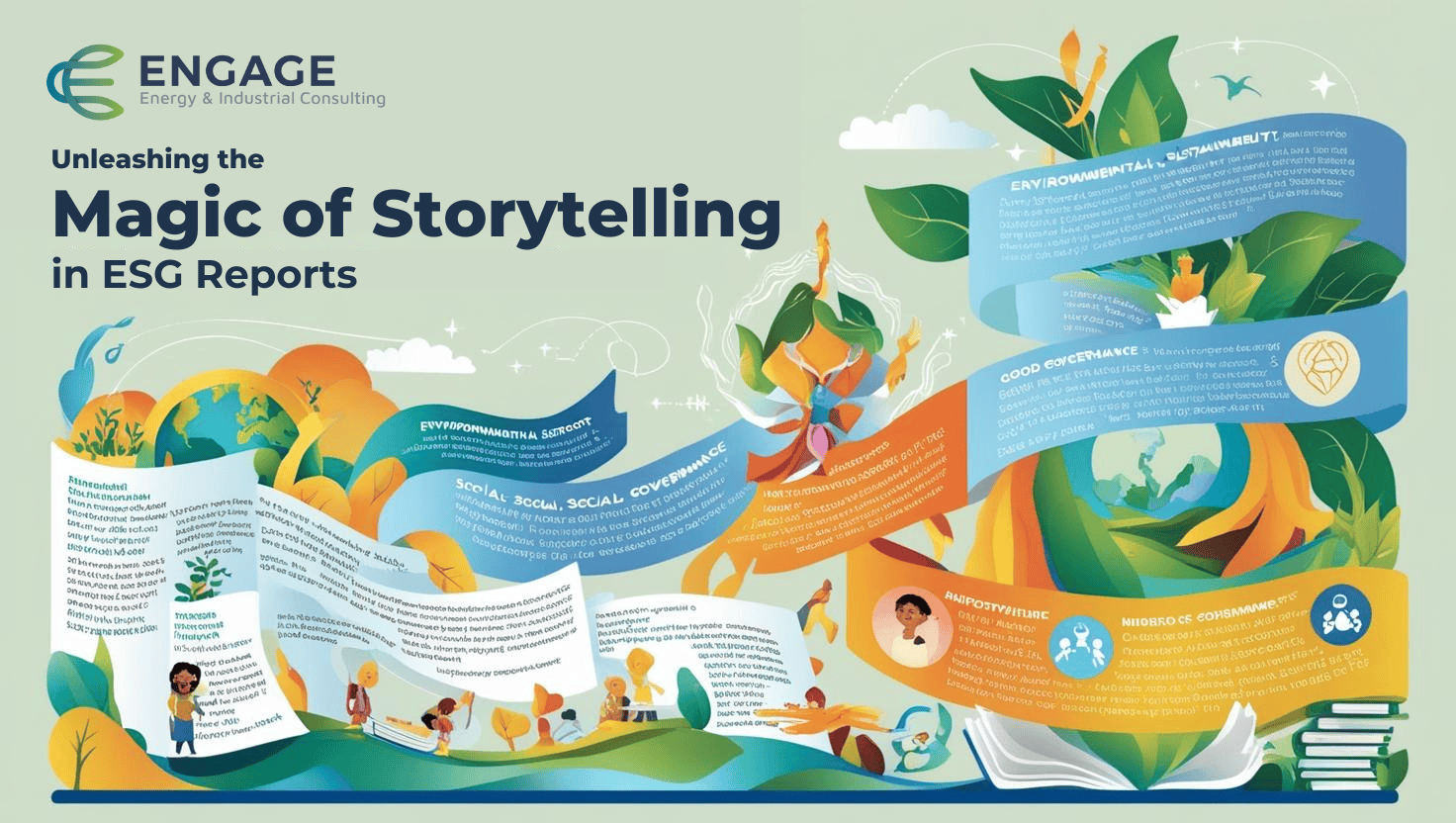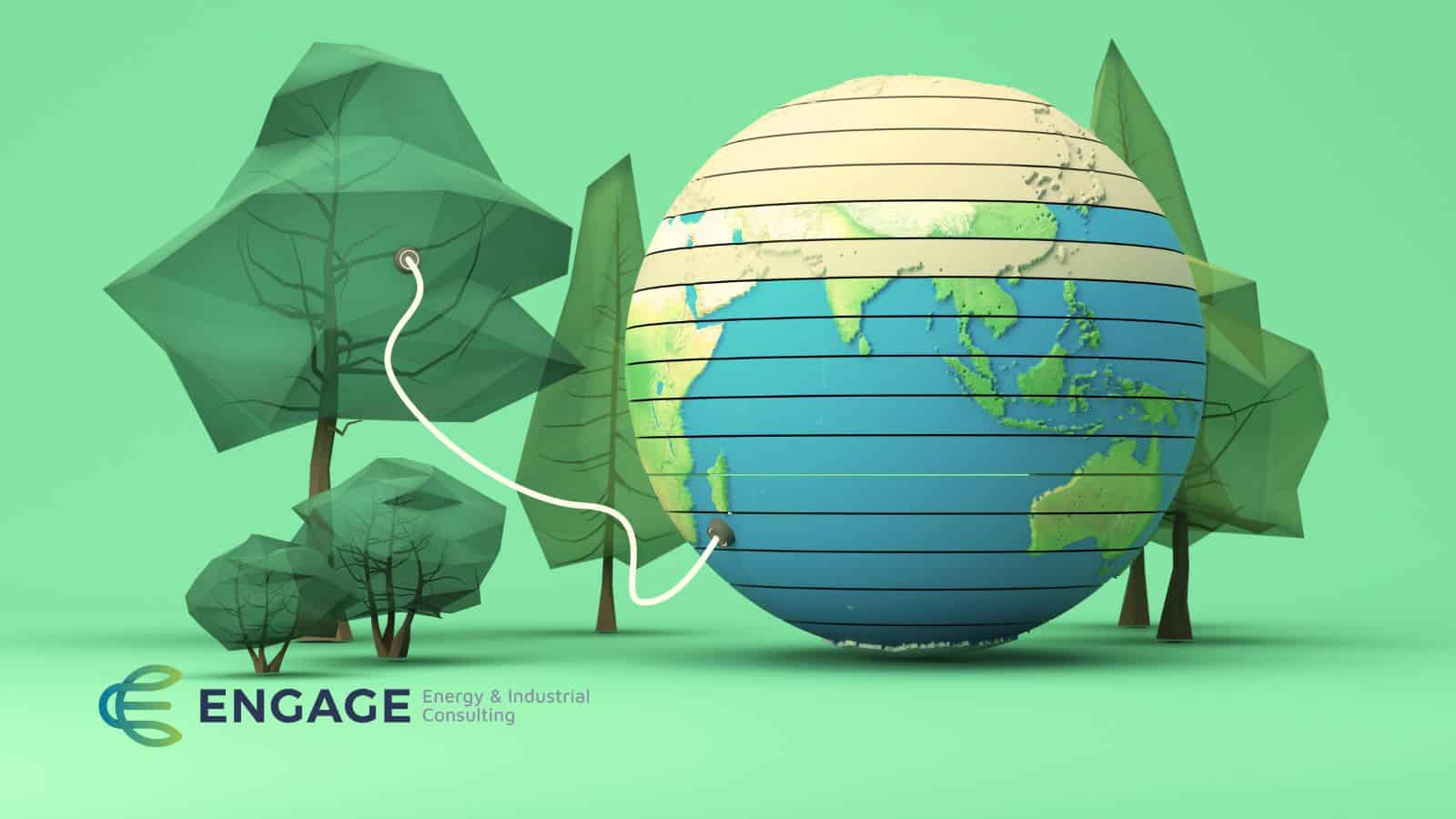4IR
We are in the middle of the Fourth Industrial Revolution (4IR) being shaped by the digital transformation of our global economy. This transformation is putting markets under pressure with a velocity, scope, and scale that is transforming all aspects of life. According to Klaus Schwab, Founder and Executive Chairman of the World Economic Forum:
There has never been a time of greater promise, or one of greater potential peril. Today’s decision-makers, however, are too often trapped in traditional, linear thinking, or too absorbed by the multiple crises demanding their attention, to think strategically about the forces of disruption and innovation shaping our future. In the end, it all comes down to people and values.
The importance of corporate social responsibility
Corporate directors are continually challenged on the question of how the businesses they serve contribute to and address the myriad of economic, social, and environmental issues that face us today. There is growing societal expectation of corporate leaders to take a stand or engage in outright activism regarding important cultural topics. In many instances, corporate leaders are being compelled to provide public statements clearly outlining their beliefs on subjects such as immigration, gender equality, gun control, and their plans to fight climate change. For this reason, corporate social responsibility (CSR) programs are becoming a critical component of corporate strategy and governance.
In his 2018 letter to CEOs, titled “A Sense of Purpose,” BlackRock chairman and chief executive officer Larry Fink stated:
Your company’s strategy must articulate a path to achieve financial performance. To sustain that performance, however, you must also understand the societal impact of your business as well as the ways that broad, structural trends – from slow wage growth to rising automation to climate change – affect your potential for growth.
CSR programs provide a tremendous opportunity for corporate directors and the organizations they serve to communicate what they stand for to the marketplace and the world.
When establishing a corporate philosophy around business practices and determining how they will contribute to the collective good of society and to the company’s bottom line, CSR must remain at the forefront. These programs take into consideration how a business operates in its social, economic, and environmental contexts. Company leaders face increasing pressure from political activists, social media, customers, employees, and communities to choose a side and make investment decisions based on the issues held dear by these individuals and groups.
In our ever-changing culture, companies are using their influence to drive change in sustainable and moral business practices such as energy procurement and consumption, and they are holding suppliers responsible for environmental performance, workplace safety, and basic human rights.
Climate change, world population, and going green
To the benefit of the public, one of the most impactful components of a CSR program is how climate change is addressed. Climate change is impacting all businesses, their supply chains, and communities. Distressingly, it most affects the poorest of the world’s population—who contribute the least to its proliferation.
According to the World Economic Forum, climate change has been identified as a top global risk both in terms of probability and magnitude of the impact.
In addition to meeting the immediate environmental challenges that we face, we also need to focus more acutely on the potential economic and societal risks that may arise as transition to a low-carbon and environmentally secure world accelerates. Moves towards financial disclosures to quantify the transition risks that businesses face have been accelerating, as has the idea of fossil-fuel divestment.
Regardless of one’s belief about the primary causes of climate change, one fact remains certain: Climate change is real, and it is having profound consequences for our businesses and our overall population. Coastal communities are being displaced by rising sea levels from melting glaciers and ice caps, devastating drought is being brought on by the highest temperatures in recorded history, and severe weather patterns and major storms are affecting the global population and challenging our notions of safety and resiliency.
As reported by the United Nations, the world population is projected to increase by a billion by 2030, intensifying the pressure on already scarce resources such as arable land, safe water, and clean air. Also by 2030, 43 cities around the globe will have 10 million or more inhabitants, quadrupling the population since 1990 (UN, 2018). As a result, business is undergoing massive disruption and systemic changes that are challenging every industry to reevaluate its risk strategy and approach to climate change.
A recent report from BSR, a global nonprofit business network dedicated to sustainability, said it best:
If we are to avoid catastrophic climate change, build truly fair and inclusive economic growth, and navigate a radically reshaped world, it is time for change. Put more positively, we have within our grasp the ability to reorient business and turn the tide on climate change, deliver economic opportunity for all, and build connected societies in which all people can live in dignity and with respect.
Going green isn’t a catchphrase, it is a measurable and deliberate way of conducting business. As corporate directors, we have been bestowed an amazing platform to make positive, lasting changes through our guidance, decisions, and obligations to the people and organizations we lead and serve. By committing to moral, economic, social, and environmental principles—and communicating those principles to the marketplace through comprehensive CSR programs—we can create the change we wish to see, become faithful stewards of our limited resources, and be a sustainable force for good.





